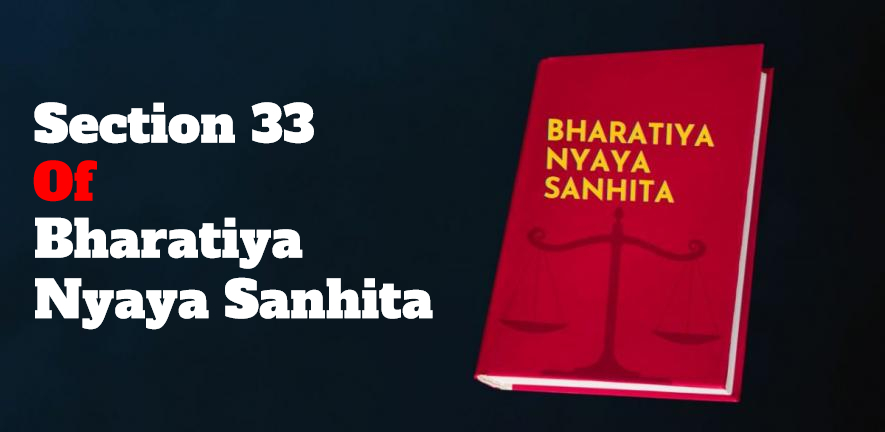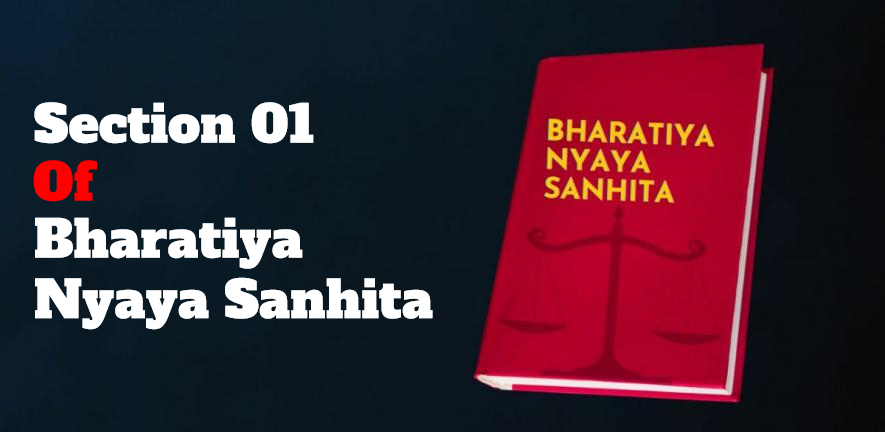Section 19 BNS – Section 19 of New Bharatiya Nyaya Sanhita
- Section 19 BNS – Section 19 of New Bharatiya Nyaya Sanhita
- Historical Context
- Objectives of Section 19
- Main Provisions
- Definition of Terms
- Scope of Application
- Implementation Strategies
- Effects on Legal Procedures
- Comparison with Previous Laws
- Case Studies
- Public and Professional Feedback
- Challenges and Criticisms
- Recent Amendments
- International Perspectives
- Conclusion
- FAQs
The New Bharatiya Nyaya Sanhita (BNS) represents a significant overhaul of India’s legal system, aimed at modernizing and improving judicial processes. Section 19 is a crucial part of this framework, addressing essential aspects of legal accountability and procedural fairness. Understanding this section is important for both legal professionals and the public.
Historical Context
India’s legal framework has evolved considerably, influenced by colonial legacies and the need for contemporary reforms. The introduction of the New Bharatiya Nyaya Sanhita aims to unify various legal provisions and enhance their relevance to today’s societal challenges.
Objectives of Section 19
Section 19 aims to achieve several key objectives:
- Establish clear legal frameworks for accountability in judicial proceedings.
- Ensure the protection of individual rights.
- Promote transparency in the administration of justice.
These objectives are vital for reinforcing public confidence in the legal system.
Main Provisions
Section 19 includes several important provisions:
- Guidelines for the accountability of legal practitioners.
- Definitions regarding legal misconduct and its repercussions.
- Provisions ensuring the right to a fair trial.
These components collectively safeguard individual rights and ensure justice.
Definition of Terms
An essential aspect of Section 19 is the precise definition of key legal terms. For example, “legal accountability” is defined to emphasize its importance, while “fair trial” sets the standards for judicial proceedings, ensuring that individuals receive just treatment.
Scope of Application
Section 19 applies broadly across various legal contexts, impacting both civil and criminal cases. It affects a range of stakeholders, including judges, lawyers, and defendants. Understanding its scope is critical for recognizing its role in the legal landscape.
Implementation Strategies
To effectively implement Section 19, collaboration among judicial authorities, law enforcement, and administrative agencies is essential. Ongoing training and development for legal professionals are necessary to uphold the standards set forth in this section.
Effects on Legal Procedures
The introduction of Section 19 has resulted in significant improvements in legal procedures. By providing clear guidelines for accountability, it enhances the integrity and fairness of judicial processes, leading to better outcomes for all parties involved.
Comparison with Previous Laws
Section 19 marks a substantial improvement over earlier legal frameworks, which often lacked explicit standards for accountability and procedural fairness. The new provisions provide a more systematic approach to ensuring justice.
Case Studies
Several landmark cases illustrate the impact of Section 19. In [Case K], the accountability standards outlined in this section were critical in shaping the court’s decision. Similarly, in [Case L], the emphasis on fair trials ensured a just outcome. These examples underscore the practical benefits of Section 19.
Public and Professional Feedback
The reception of Section 19 has been largely positive among the public and legal professionals. Many appreciate the clarity and protections it offers. However, some critiques highlight challenges in implementing these standards effectively.
Challenges and Criticisms
Despite its advantages, Section 19 faces implementation challenges. Resource limitations in certain regions can hinder the practical application of its provisions. Additionally, some definitions may be seen as vague, potentially leading to ambiguities in legal interpretation.
Recent Amendments
To address these challenges, Section 19 has been updated with amendments aimed at refining its provisions. These updates are designed to enhance clarity and ensure that the section achieves its intended goals.
International Perspectives
When compared to similar laws in other jurisdictions, Section 19 demonstrates a comprehensive approach to accountability and procedural fairness. Insights from international practices can provide valuable lessons for further enhancing the BNS.
Conclusion
Section 19 of the New Bharatiya Nyaya Sanhita is a vital component of India’s ongoing legal reforms. By establishing clear guidelines for accountability and fairness, it strengthens the overall integrity of the legal system. As India continues to adapt its legal framework, Section 19 will play a key role in promoting justice and protecting individual rights.
FAQs

Adv Ashish Sharma has dedicated his career to helping individuals and businesses navigate the intricate legal landscape with confidence. From providing expert advice on current legal issues to offering clear explanations of legal principles, he strives to empower his audience with knowledge and understanding.


